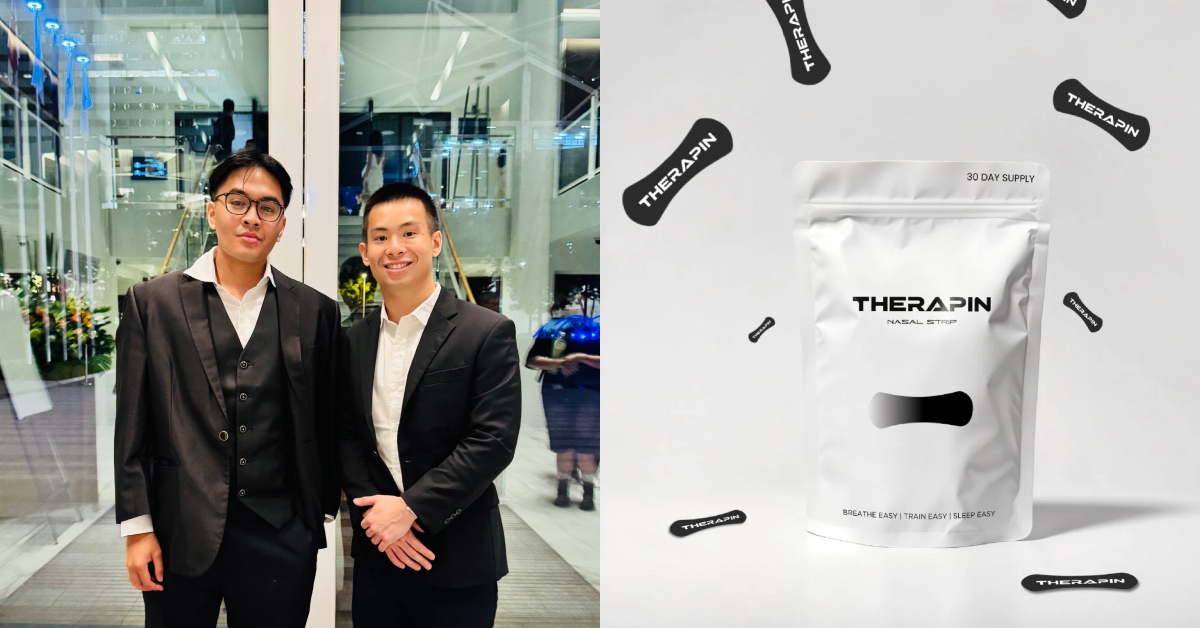How to Spot Signs of Burnout Culture Before You Accept a Job
It’s normal to feel overtaxed by your job once in a while, but when that feeling becomes persistent no matter what you do to pull back or redirect your efforts, you may be experiencing burnout—and the problem probably lies...

It’s normal to feel overtaxed by your job once in a while, but when that feeling becomes persistent no matter what you do to pull back or redirect your efforts, you may be experiencing burnout—and the problem probably lies with your employer
.
According to a study by the
University of California, Berkeley,
Rutgers, and
Deakin University, there are six main causes of workplace burnout.
If you’ve ever worked...
anywhere, you’re probably familiar with at least all of these—some employers either don’t know or don’t care that their employees are constantly
some combination of stressed, depressed, and angry. Some bosses and companies
even seem to
like it that way. And when you’re interviewing for a new job, it’s easy to miss the signs of a toxic workplace if you aren’t looking for them—i
t’s easy to get drawn in, and
once you’re in, it can be hard to get out.
Here a
re some tips for recognizing the kind of workplace that’s likely to cause burnout.
Warning signs in employment ads
There are some words and phrases in online ads that should be considered flashing warning lights to those trying to avoid potential job burnout. Here are some examples:
High-performance culture: Some people thrive in highly demanding jobs, but just about everyone requires a supportive environment to make it work for more than a few months straight. Ability to handle stress: Any employer that mentions “stress” in a help-wanted ad is probably someone you want to avoid, especially if it’s phrased like “you have to be able to handle a stressful environment.” That indicates that they already know their employees are burning out, and they blame their workers instead of considering it a workplace problem. Able to work under pressure: See above. Looking for a “rock star” or a “ninja”: I hate seeing this phrase in a job listing, unless Mötley Crüe is looking a new bass player. Actual rock stars are generally not good at quarterly planning meetings, attending Wednesday HR trainings, or filing. (Neither are ninjas.) Employers who use these kind of descriptors in their ads are being unclear about the qualifications they’re actually looking for. It reads to me like, “we want someone we can take advantage of.”We’re like a family: This could indicated a workplace without proper boundaries. My family doesn’t pay me to show up, but they do inspire a different kind of loyalty and commitment than a workplace has a right to expect.No mention of salary: As career coach Leah Tillyer, told Yahoo News: “If there’s no salary in the job adverts this can mean there isn’t an open and fair culture around pay… if it’s office-based work with no flexibility this is usually an environment lacking in trust.”An ad that’s been there forever: If you notice the same position advertised for a long time, it could be indicating a poison pill job that no one wants. Or it could be a “ghost job” that isn’t real anyway.
Signs of burnout culture to watch for during the hiring process
An employer posting an ad for an accounting ninja who loves stress is actually saving thoughtful job-seekers time by eliminating the need to send them a resumé. But toxic employers are often stealthy, and may seem to be offering a reasonable position at a normal workplace—the cracks don’t start to show until you actually start going through the hiring process.
To gather information on any company you’re interested in, check out Glassdoor, where you can read honest workplace reviews from employees and ex-employees. You can’t beat it for an overall vibe-check of a would-be employer—if there’s anything wrong with the way a place is managed, someone on Glassdoor will tell you about it.
The process leading up to an interview can reveal a lot about a company’s culture as well. Unprofessional or outright rude mails may clue you in that it’s an environment you don’t want work in. Not responding in a timely manner could indicate a lack of organization, a lack of respect for potential employees, or both.
If there’s confusion about what exactly the position will entail, who you can talk to about it and where or when you should show up to be interviewed, that’s another sign of disorganization, and disorganized offices are often filled with burned-out employees. Another red flag: If they’re trying to get you into an interview unreasonably quickly, it could indicate that there’s an issue with planning at the company, and you might want to stay away unless you want to be thrown directly into a burning building (metaphorically).
Ask the right questions at the interview
If you make it all the way to the interview, congratulations: This is your chance to truly investigate the environment of the workplace and get a feel for how you’d fit in. But before you start, check the general vibe of the place. Do the people seem happy? Is anyone silently mouthing “run away” in the reception room?
While some workplaces are demoralizing to basically everyone, others might be a great fit for some people and a terrible one for others, so ask questions at the interview that are geared toward your biggest concerns. It’s a cliche, but it’s also true: You are interviewing them as much as they are interviewing you.
This excellent article from The Harvard Business Review suggests specific questions you might ask, geared toward each of the six main things that can lead to burnout, but they aren’t far removed from the kind of questions you’d probably ask anyway—if more deftly worded. So instead of saying, “You’re not going to expect me work a ton of overtime without extra pay, right?” you can try, “What are standard work hours? How often do people have to work on weekends?”
If responses to these questions seem too vague, don’t be afraid to ask for specific examples. Even if a question makes you uncomfortable—like, “Can you describe how you handle mistakes on your team?”—are worth asking. Pay close attention to the answers, listening for signs of evasiveness, impatience, or dishonesty. If you ask direct and straightforward questions—per Harvard’s examples, something like “How does the team communicate when they have too much on their plate?”—you shouldn’t be throwing anything at them that isn’t easily answered. But If you do hit on something your interviewee is unprepared for, expect a polite, “I’ll look into that and get back to you.” And then actually make sure they follow up with a satisfactory answer.
And remember: No job is perfect, and you can still experience burnout even if you have a great job and work in a supportive environment. Check out this Lifehacker article for tips on dealing with career burnout.

 ShanonG
ShanonG 
































